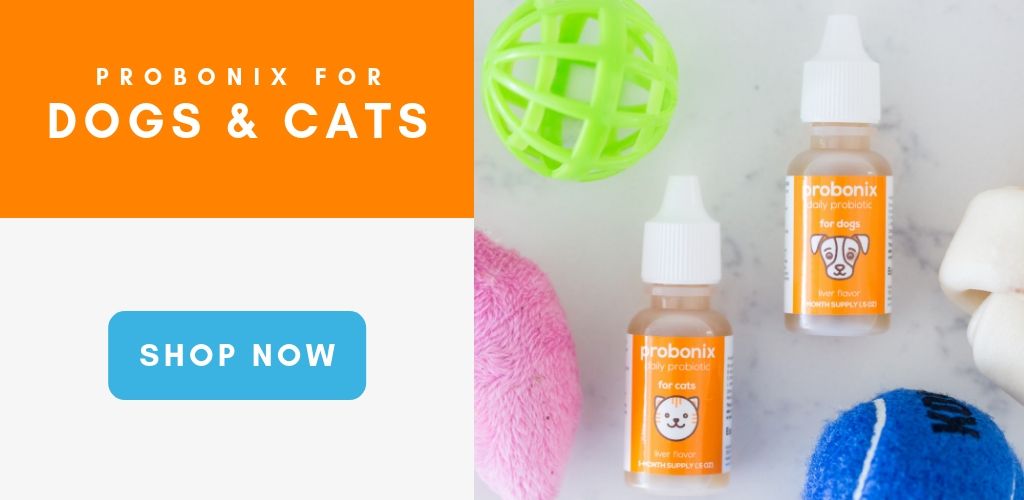 I must admit that I have done a bit of cringing in the past when some of my dog-owning friends have talked to their pets in high-pitched “doggy talk.” Sure, parents use “baby-talk” with infants all the time, as it has been proven to offer communication and bonding benefits, but it just struck me as unnecessary when it came to dogs, particularly adult dogs. After all, previous research on the topic has suggested that “dog-speak” could have benefits for puppies, but it made little difference with adult dogs. Well, a recent study performed at the University of York in the U.K. has proven that I don’t know what I’m talking about. This study shows that using ‘dog-speak’ to communicate with dogs is important for building stronger relationships between pets and owners.1
I must admit that I have done a bit of cringing in the past when some of my dog-owning friends have talked to their pets in high-pitched “doggy talk.” Sure, parents use “baby-talk” with infants all the time, as it has been proven to offer communication and bonding benefits, but it just struck me as unnecessary when it came to dogs, particularly adult dogs. After all, previous research on the topic has suggested that “dog-speak” could have benefits for puppies, but it made little difference with adult dogs. Well, a recent study performed at the University of York in the U.K. has proven that I don’t know what I’m talking about. This study shows that using ‘dog-speak’ to communicate with dogs is important for building stronger relationships between pets and owners.1
The Experiment
The researchers wanted to test whether using “dog-directed” high-pitched speech facilitates understanding for dogs like it does for babies. When speaking to the Huffington Post about the study, lead author Alex Benjamin said, “Obviously we know that dogs can’t learn to talk, so we wanted to know whether dog-speak also has a function for dogs, or whether it is simply something we tend to use with our pets in a culture where we think of dogs as part of the family, like fur-babies.”
Contrary to previous experiments, which broadcasted speech over a loudspeaker without a human present, this experiment placed real humans in the same room as the dogs. This allowed the researchers to measure if the dogs paid more attention to “dog speak” and if they wanted to spend more time with the person using the “dog speak”. The dogs listened to dog-directed phrases like ‘you’re a good dog’ as well as phrases not related to dogs like ‘I went to the cinema last night.’ These phrases were presented in both high-pitched “dog-speak” and normal conversation so both the manner of speaking and the words presented could be evaluated.
The Results
The results of the experiment indicate that both the manner of speaking and the words used are important for bonding. Benjamin says, “We found that adult dogs were more likely to want to interact and spend time with the speaker that used dog-directed speech with dog-related content than they did those that used adult-directed speech with no dog-related content.” When the researchers mixed up the two types of speech and content, the dogs showed no preference between speakers. Both the dog-relevant words and high-pitched speech were important for bonding.
“I was a little surprised that in the second experiment, neither content, nor prosody ― which [is] intonation of the voice ― was driving the dogs’ preference,” Benjamin noted. “I think it is really interesting that our dogs are able to use both acoustic and content information to determine what speech might be meant for them.” So all you dog parents out there, don’t let your friends make you feel bad for using “dog-speak” with your pups. It’s good for you and for them!
1Benjamin, A., Slocombe, K. ‘Who’s a good boy?!’ Dogs prefer naturalistic dog-directed speech. Anim Cogn 21, 353–364 (2018). https://doi.org/10.1007/s10071-018-1172-4
People who liked this blog also read these:


